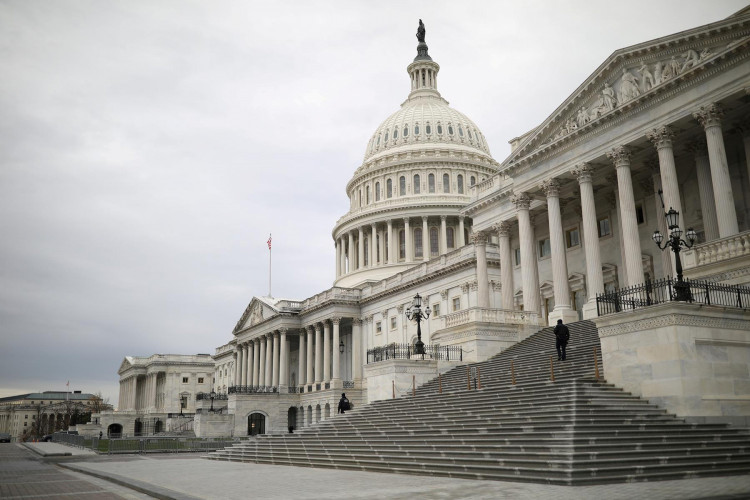Congressional candidates in the United States are breaking into the realm of cryptocurrencies by selling non-fungible tokens to raise funds for their midterm campaign activities.
According to the ACE Electoral Knowledge Network, election campaigns are "getting increasingly costly."
When campaigning for any political position, candidates must demonstrate a reasonable level of financial capabilities in order to build a campaign office, recruit staff, conduct polls, and disseminate the campaign message, as well as travel and meet with voters.
According to Bloomberg, Republican Senate candidate Blake Masters and Democratic House candidate Shrina Kurani both offered NFTs as "donor incentives."
"NFTs are our campaign merch," Kurani, who is running in California, explained. Kurani claims to be the first to issue non-fungible tokens to donors via digital marketplace SolSea, and she thinks her crypto approach will inspire a younger generation.
Kurani, an engineer and entrepreneur, had amassed a total of $6,610 by the time her offer expired in late December. Contributions may be as little as 200 USDC and as much as 5800 USDC.
Blake Masters, on the other hand, raised approximately $575,000. He promised 99 supporters a signed hard copy of his blockbuster book Zero to One, which he co-authored with entrepreneur and investor Peter Thiel, as well as limited-edition NFTs based on the book's cover art, access to a "token holders party," and other perks and much more.
These are still the early stages of cryptocurrency's push into the world of politics. Few candidates have profited from its development, which includes a 60% increase in the value of Bitcoin in 2021 and the sale of an NFT artwork for $69 million at a Christie's auction.
Last year, the amount of NFTs sold exceeded $25 billion, and within the first 10 days of 2022, the volume of NFTs traded on OpenSea exceeded $1.35 billion.
Politicians' crypto-race may be only getting started, but the NFT market holds greater promise for them.
An NFT is "minted" using the same blockchain technology that powers Bitcoin and other cryptocurrencies. However, it is intended to be owned, sold, or traded as an asset rather than used as cash, and it is produced at a cost - just like campaign T-shirts and other items.
However, fundraising gurus believe that cryptocurrency will not become a fully mainstream contribution option anytime soon, particularly given regulatory concerns.
Critics worry that such donations could dodge donor disclosure regulations, yet this hasn't prevented certain political entities from joining the crypto bandwagon.





